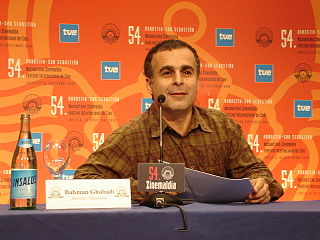A Quote by Leigh Whannell
Writing feels safe, you know, it's a hard job, but at least you're in your office or wherever you are and there's no one standing over your shoulder staring at what you're writing. And when you're directing, everybody's looking over your shoulder.
Related Quotes
I'd love to write some porn, but I don't know if I have the right engines. When I was a young man and I was tempted to write porn, imaginary parents would appear over my shoulder and read what I was writing; just about the point that I managed to banish the imaginary parents, real children would lean over my shoulder and read what I was writing.
In 1951 I took my first art course. And one day I looked over my shoulder and there was this tall gentleman standing, very well-dressed and groomed, and he asked, "What is your name? I don't know you. What is your major?" I said history. And he looked at my drawing and looked at me and said, "You don't belong over there; you belong here." He was James A. Porter.
The best time to tell your story is when you have to tell your story. When it's not really a choice. But then, when you get that first, messy, complicated version down, you have to read it over and be very tough on yourself and ask, 'Well what's the story here?' If you're lucky enough to have someone you trust looking over your shoulder, he or she can help you if [you] lack perspective on your own story.





































